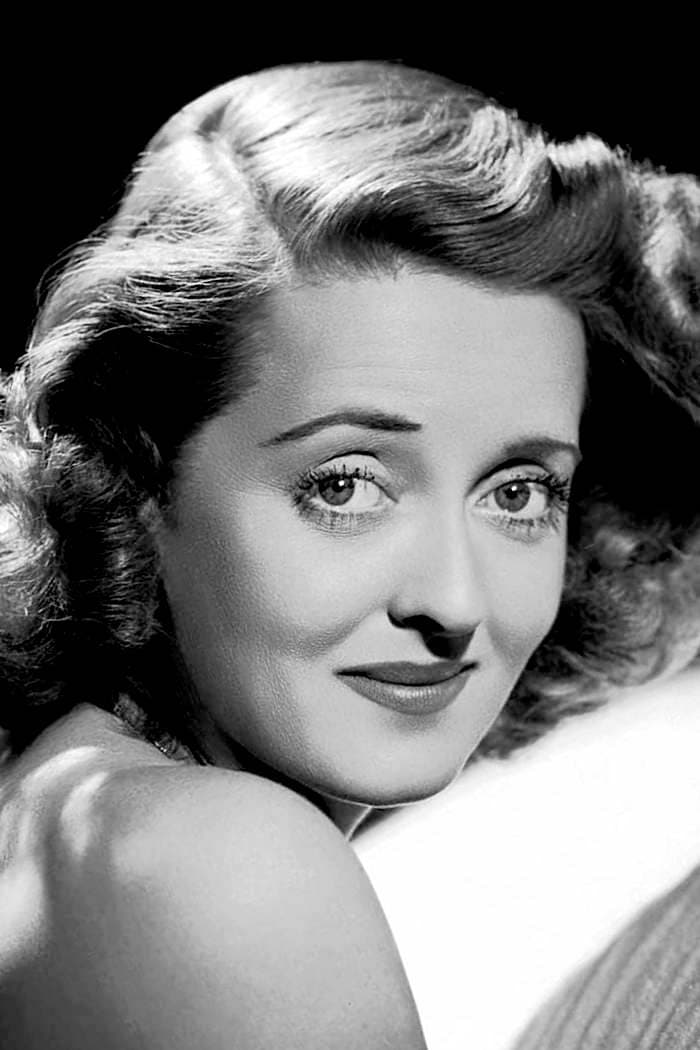
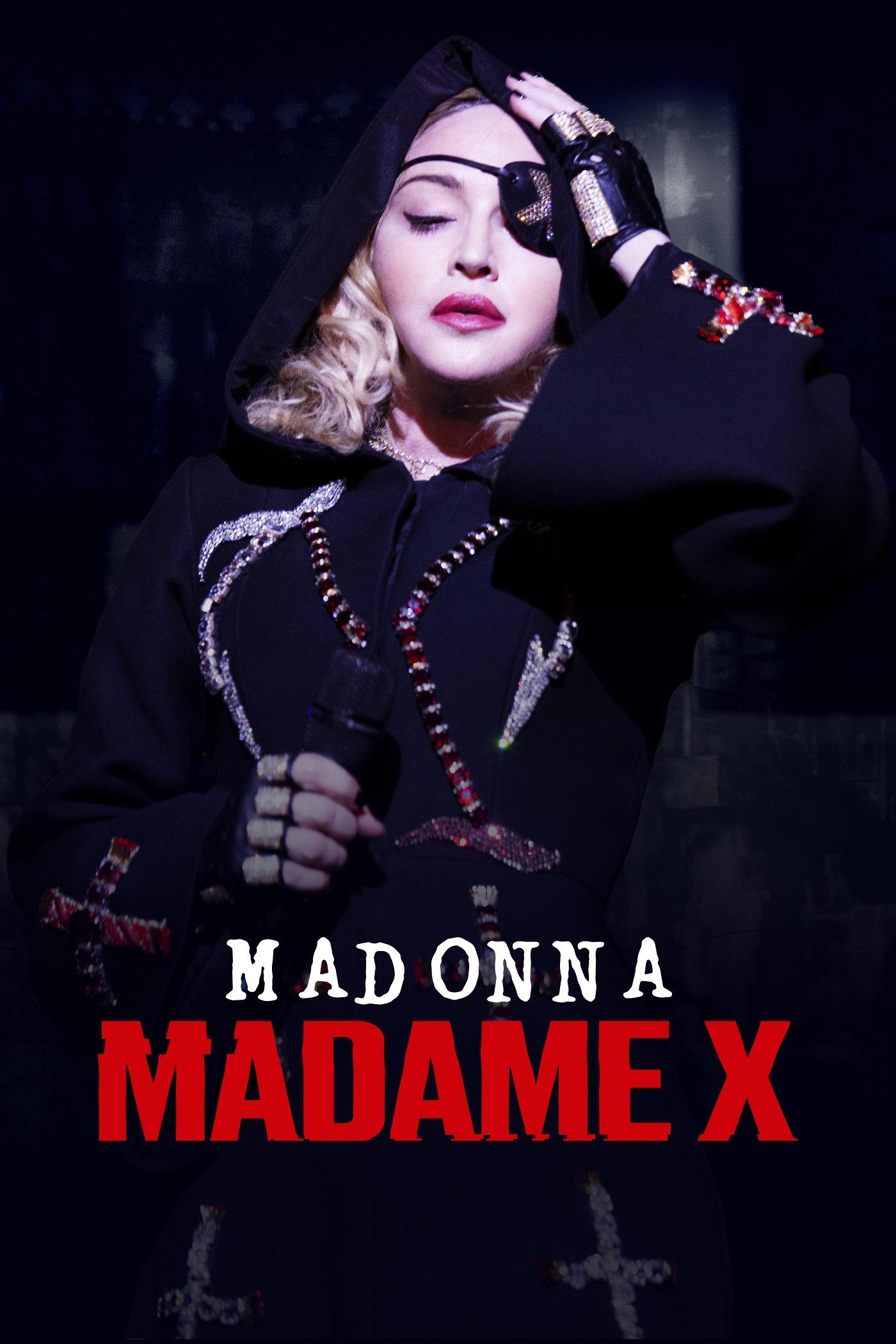
Filmed in Lisbon, Portugal, the film captures the pop icon’s rare and rapturous tour performance, hailed by sold out theatrical audiences worldwide. The unprecedented intimate streaming experience will take viewers on a journey as compelling and audacious as Madonna’s fearless persona, Madame X, a secret agent traveling around the world, changing identities, fighting for freedom and bringing light to dark places.

For over half a century, 60 Minutes' fearsome newsman Mike Wallace went head-to-head with the world's most influential figures. Relying exclusively on archival footage, the film interrogates the interrogator, tracking Wallace's storied career and troubled personal life while unpacking how broadcast journalism evolved to today’s precarious tipping point.
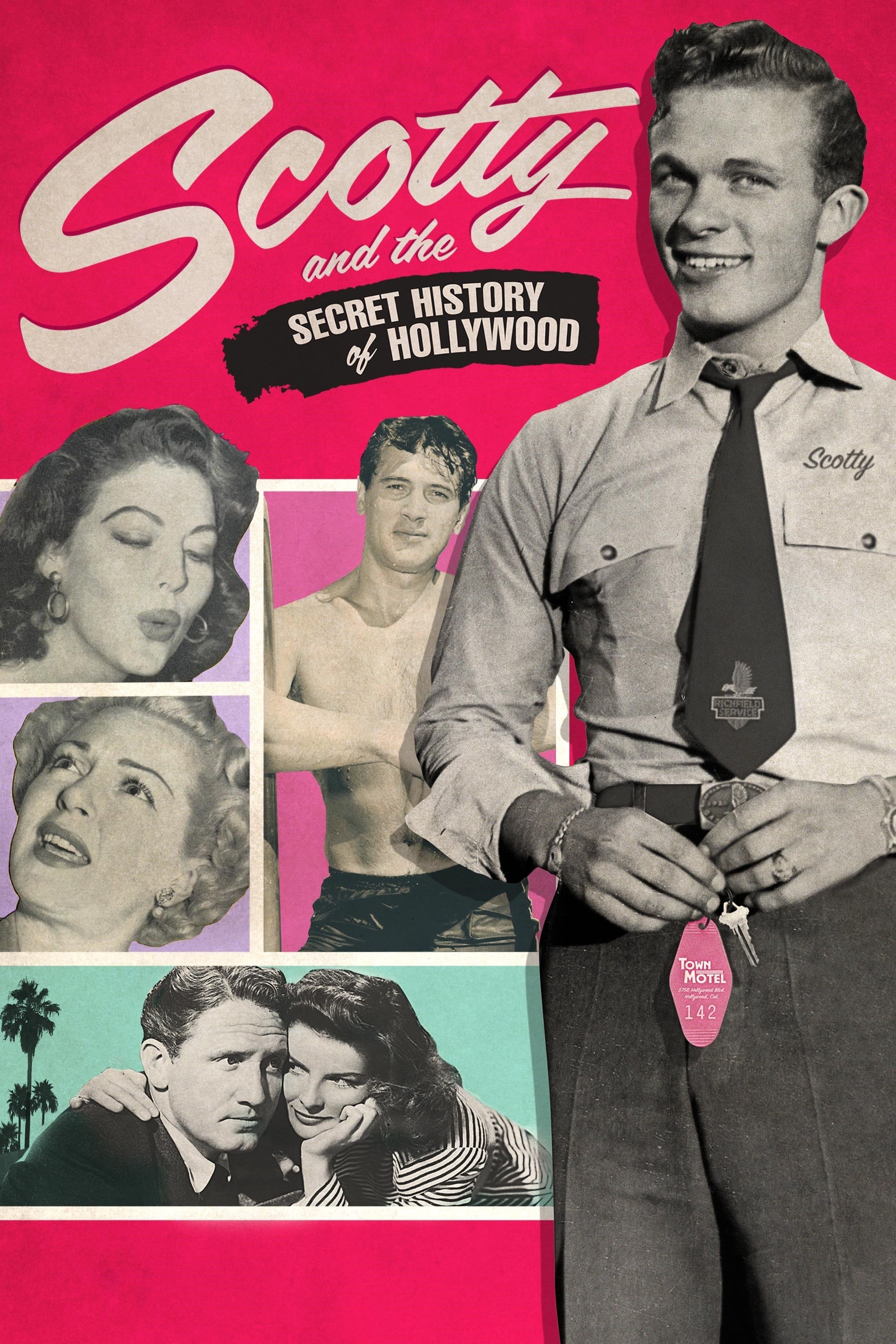
A deliciously scandalous portrait of unsung Hollywood legend Scotty Bowers, whose bestselling memoir chronicled his decades spent as sexual procurer to the stars.
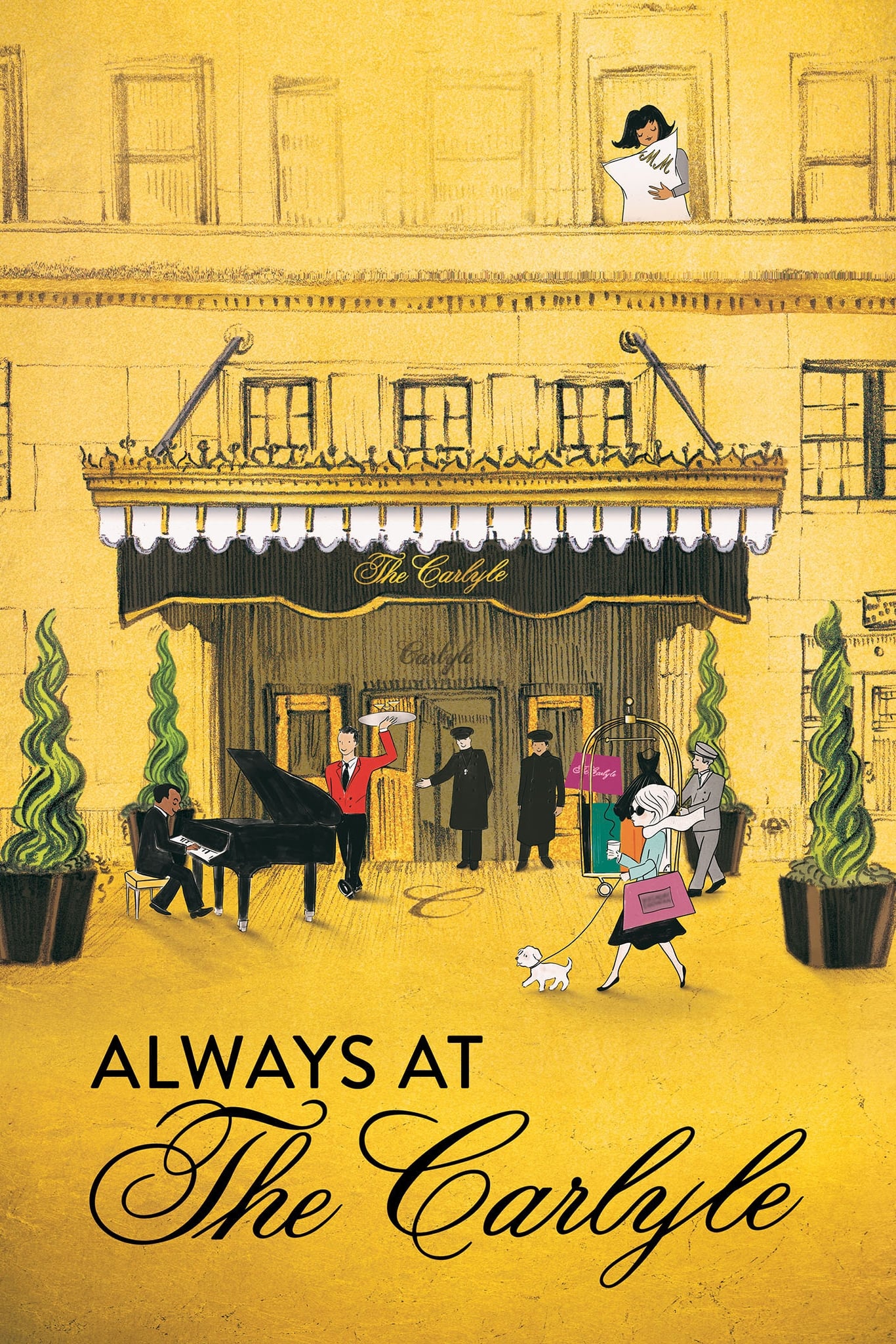
The iconic Carlyle hotel has been an international destination for a particular jet set as well as a favorite haunt of the most discernible New Yorkers.
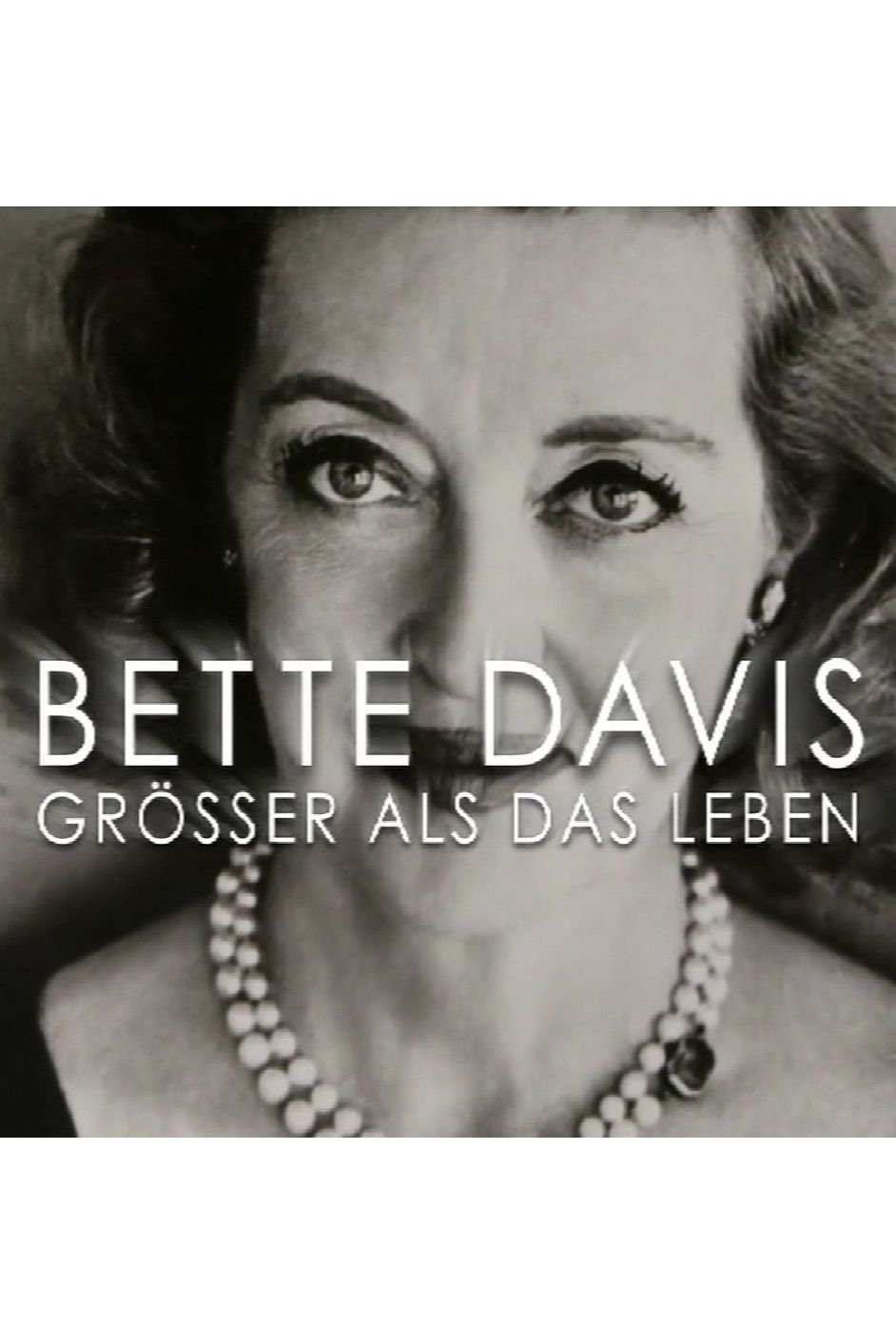
Bette Davis is the most disturbing film diva Hollywood has ever seen. Her life and her roles reflect the fractures in the American image of women. She was dominant, intelligent, sometimes heartless and yet above all she wanted to be loved. This did not work out in her private life. She was too strong for the men. But the public always loved her!
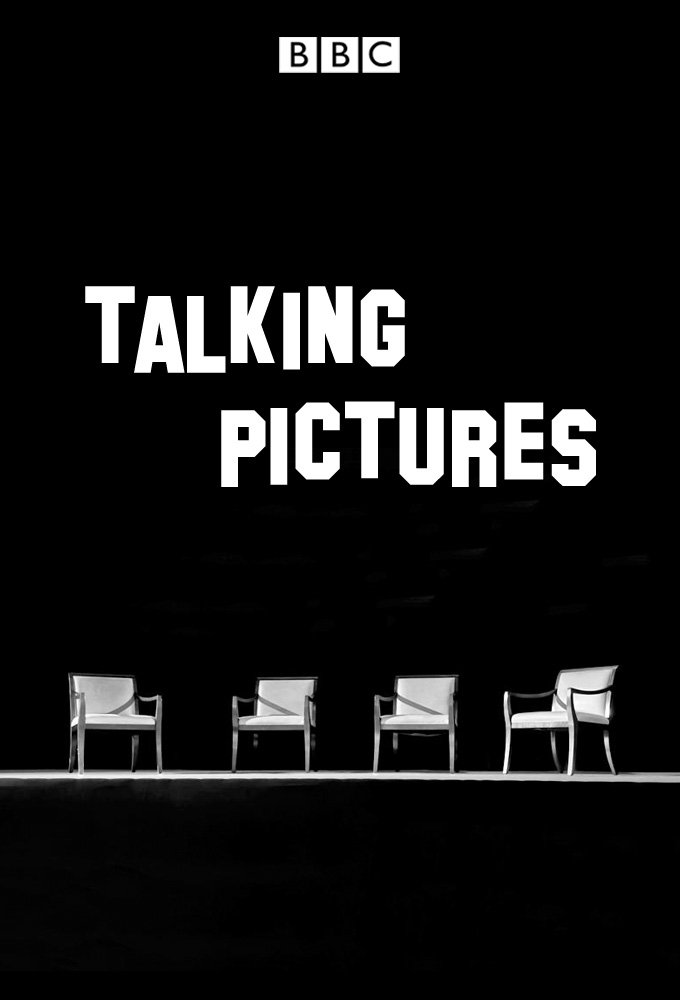
Sylvia Syms looks through the BBC archives to tell the story of one of Hollywood's greatest ever feuds - the rivalry between legendary actresses Bette Davis and Joan Crawford. Interviews from the 1960s and 70s reveal the mutual loathing that came to a head when, against all expectations, they starred together in the classic psychological thriller Whatever Happened to Baby Jane?. The programme looks in detail at the making of the film, examines the fallout when Bette and not Joan received an Oscar nomination for her performance, and shows how, despite the hatred, the pair had more in common than audiences appreciated.

With exclusive access to his extraordinary unseen and unheard personal archive including hundreds of hours of audio recorded over the course of his life, this is the definitive Marlon Brando cinema documentary. Charting his exceptional career as an actor and his extraordinary life away from the stage and screen with Brando himself as your guide, the film will fully explore the complexities of the man by telling the story uniquely from Marlon's perspective, entirely in his own voice. No talking heads, no interviewees, just Brando on Brando and life.
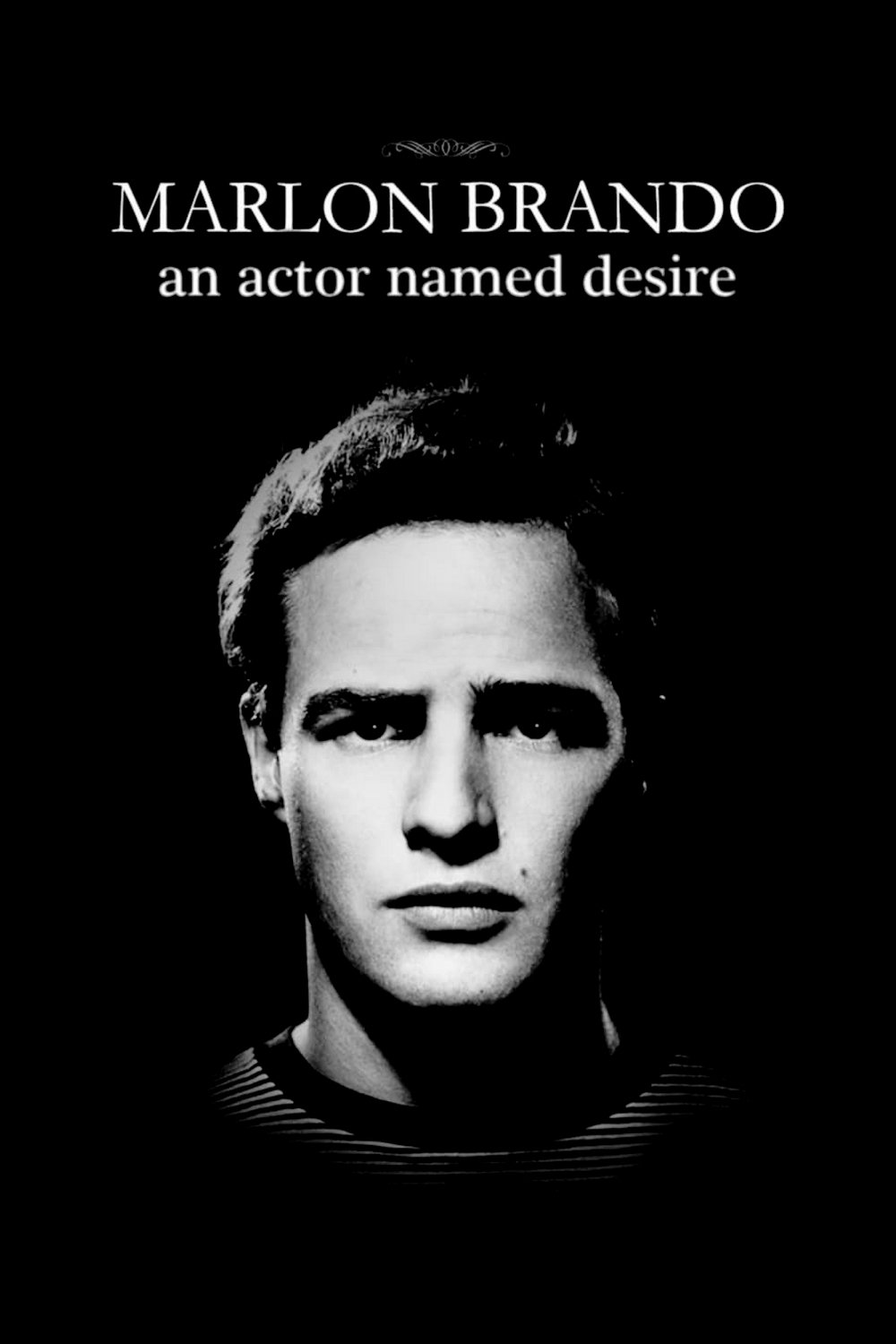
In his early days as an actor, Marlon Brando (1924-2004) was a shy young man with theatrical ambitions, like many others; but his charisma and superb acting skills made him truly unique, so that the doors to the starry sky of Hollywood opened for him. However, his peculiar manners, political commitment and complicated love life always overshadowed his artistic success.

Set in a sleepy Southern Louisiana town in 1959, a lawyer, searches for justice as he volunteers to help a black woman whose property is being threatened by the Holts, the first family of the town, after she refuses to sell her valuable land.
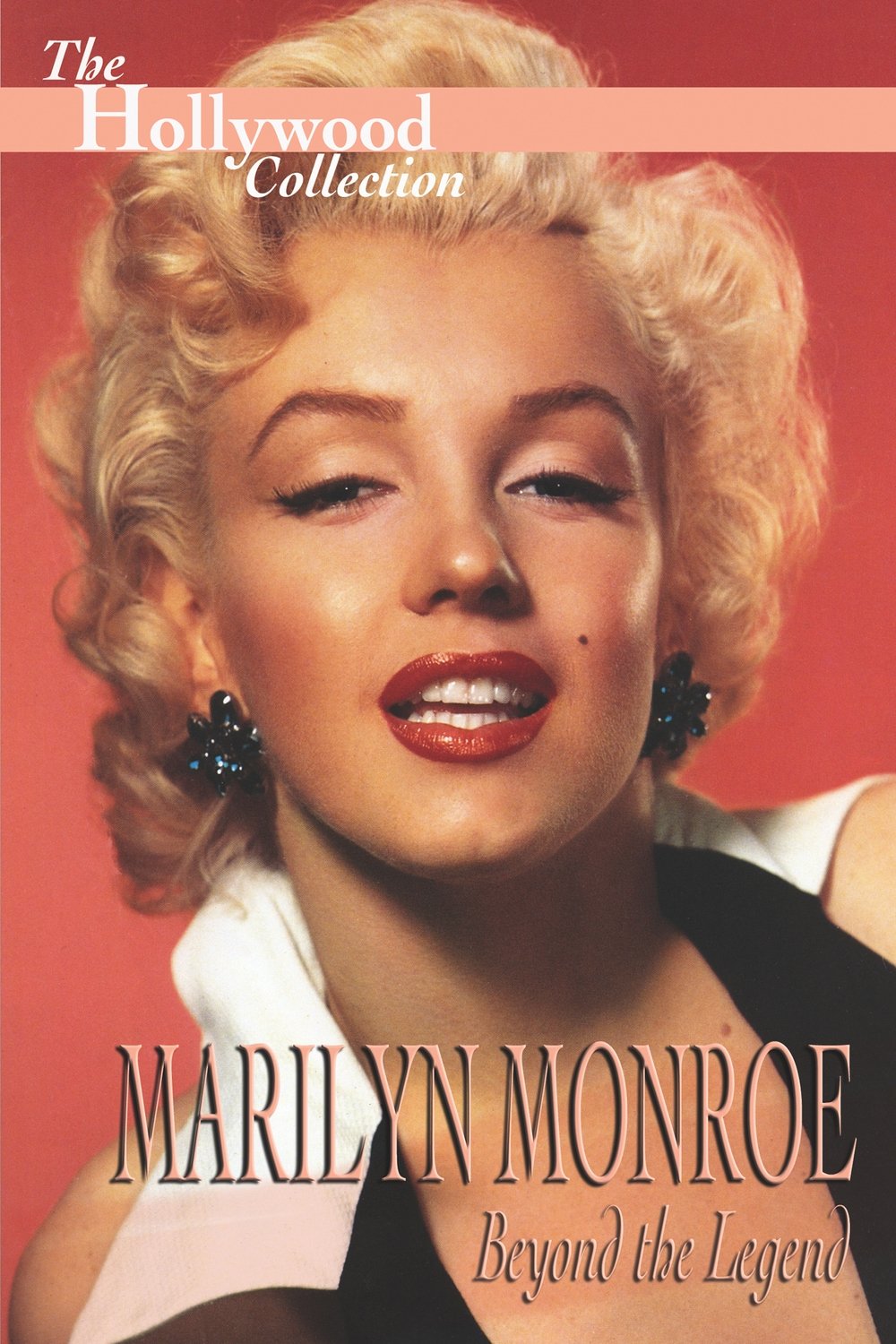
Her story is well-known — the lonely child who yearned for affection and approval which she finally seemed to find as Hollywood's greatest love goddess. But even though she scaled heights few could even dream of, she was one of the loneliest of stars.
Ruth Elizabeth "Bette" Davis (April 5, 1908 – October 6, 1989) was an American actress of film, television and theater. Noted for her willingness to play unsympathetic characters, she was highly regarded for her performances in a range of film genres; from contemporary crime melodramas to historical and period films and occasional comedies, though her greatest successes were her roles in romantic dramas. After appearing in Broadway plays, Davis moved to Hollywood in 1930, but her early films for Universal Studios were unsuccessful. She joined Warner Bros. in 1932 and established her career with several critically acclaimed performances. In 1937, she attempted to free herself from her contract and although she lost a well-publicized legal case, it marked the beginning of the most successful period of her career. Until the late 1940s, she was one of American cinema's most celebrated leading ladies, known for her forceful and intense style. Davis gained a reputation as a perfectionist who could be highly combative, and confrontations with studio executives, film directors and costars were often reported. Her forthright manner, clipped vocal style and ubiquitous cigarette contributed to a public persona which has often been imitated and satirized. Davis was the co-founder of the Hollywood Canteen, and was the first female president of the Academy of Motion Picture Arts and Sciences. She won the Academy Award for Best Actress twice, was the first person to accrue 10 Academy Award nominations for acting, and was the first woman to receive a Lifetime Achievement Award from the American Film Institute. Her career went through several periods of eclipse, and she admitted that her success had often been at the expense of her personal relationships. Married four times, she was once widowed and thrice divorced, and raised her children as a single parent. Her final years were marred by a long period of ill health, but she continued acting until shortly before her death from breast cancer, with more than 100 films, television and theater roles to her credit. In 1999, Davis was placed second, after Katharine Hepburn, on the American Film Institute's list of the greatest female stars of all time.
By browsing this website, you accept our cookies policy.